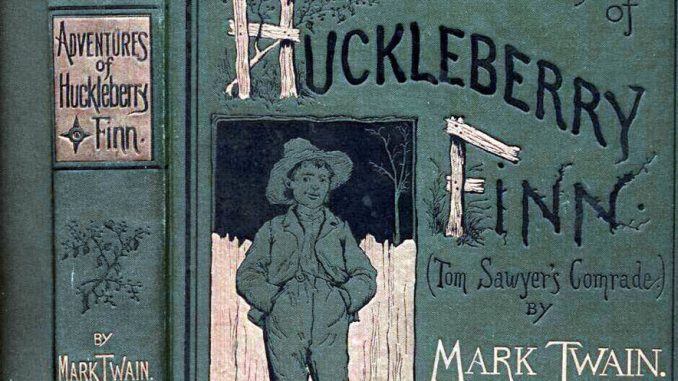
Even in 1885, two decades after the Emancipation Proclamation and the end of the Civil War, The Adventures of Huckleberry Finn landed with a splash. A month after its publication, a Concord, Massachusetts, library banned the book, calling its subject matter “tawdry” and its narrative voice “coarse” and “ignorant.” Other libraries followed suit, beginning a controversy that continued long after Twain’s death in 1910. In the 1950s, the book came under fire from African-American groups for being racist in its portrayal of black characters, despite the fact that it was seen by many as a strong criticism of racism and slavery. As recently as 1998, an Arizona parent sued her school district, claiming that making Twain’s novel required high school reading made already existing racial tensions even worse.
Aside from its controversial nature and its continuing popularity with young readers, The Adventures of Huckleberry Finn has been hailed by many serious literary critics as a masterpiece. No less a judge than Ernest Hemingway famously declared that the book marked the beginning of American literature: “There was nothing before. There has been nothing as good since.”
Source: The History Channel




Be the first to comment